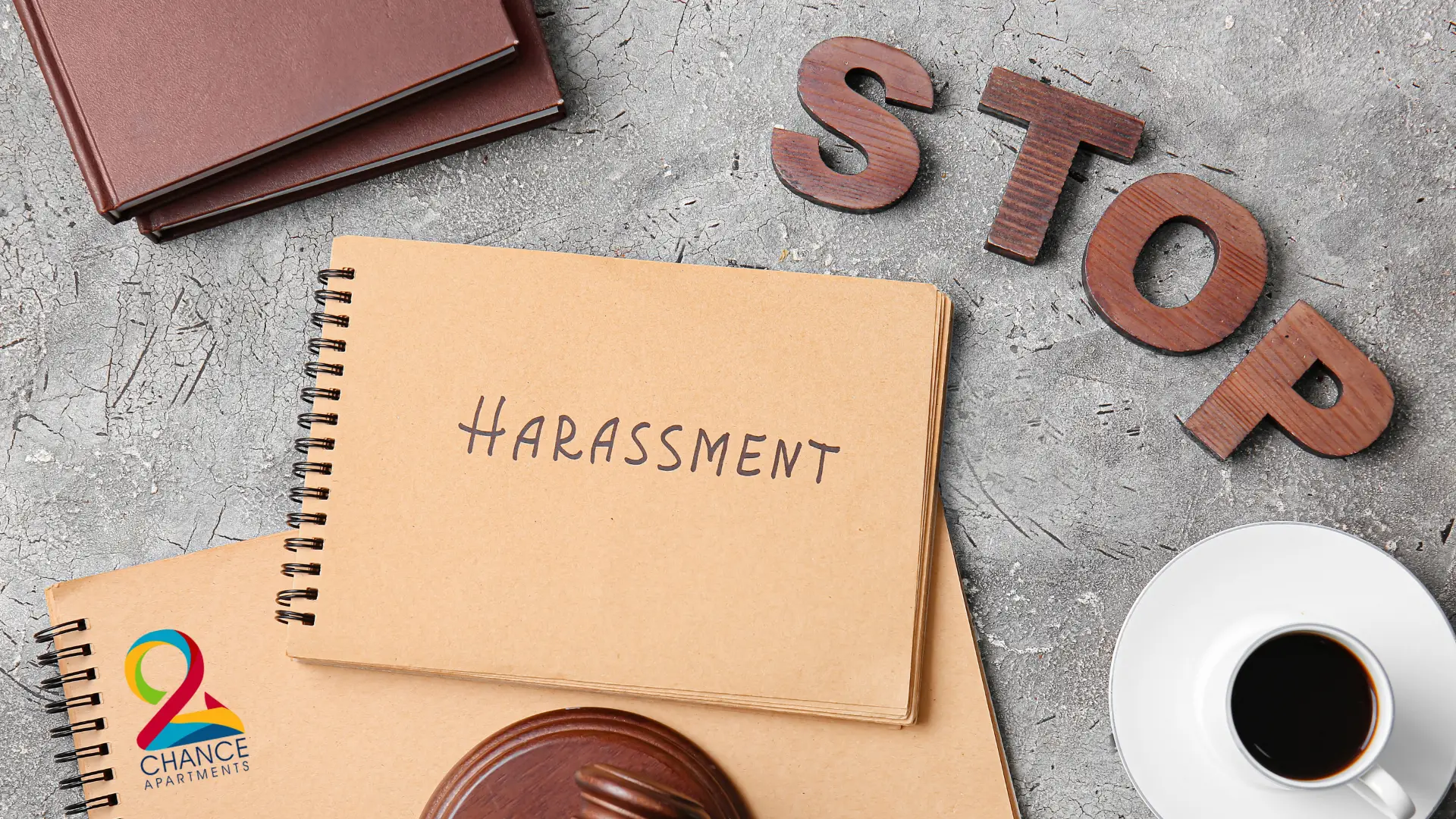If debt collectors won’t stop calling, texting, or emailing you, you’re not stuck. Texas residents have strong protections under federal and state law. A simple, written cease and desist letter can shut down most contact—and we’ll show you how to use it the right way. We’ll also connect the dots to Eviction—because debt pressure and housing stress often travel together.
Friendly heads-up: This article is general information, not legal advice.
What is a cease & desist letter?
A cease & desist letter tells a debt collector to stop contacting you about a debt. Under the federal Fair Debt Collection Practices Act (FDCPA), once a collector receives this request in writing, they must stop contacting you—except for one last notice to say they’ll stop or to tell you about specific next steps (like a lawsuit). Legal Information Institute
Important: This stop-contact right applies to third-party debt collectors (companies collecting for someone else). It does not automatically bind your original creditor (like your bank or your landlord collecting their own debt). But Texas law still bans harassment by anyone collecting consumer debt—third parties and original creditors. Texas Statutes
Your rights (Texas + federal)
Federal FDCPA + CFPB Regulation F (12 C.F.R. Part 1006):
- No odd-hour calls. Collectors can’t contact you at inconvenient times. By default, before 8 a.m. or after 9 p.m.(your local time) is off-limits. Legal Information Institute
- Call frequency caps. As a rule of thumb, it’s a violation to call you more than 7 times in 7 days about a specific debt, or to call again within 7 days after a live phone talk about that debt. Legal Information Institute
- Workplace limits. If your employer doesn’t allow personal calls, collectors can’t contact you at work. Consumer Financial Protection Bureau
- Texts and emails need an easy opt-out. Every electronic message must include a clear way to stop those messages—no fees, no hoops. ecfr.gov+1
- Third-party privacy. Collectors generally can’t discuss your debt with others (except your attorney, the creditor, etc.). Consumer Financial Protection Bureau
Texas Debt Collection Act (Finance Code ch. 392):
- Harassment is illegal. Texas bans abusive language, repeated harassing calls, and threats like “you’ll be arrested.” Texas Statutes
- Covers original creditors, too. Texas defines “debt collector” broadly—so anyone collecting a consumer debt must follow these rules. Texas Statutes
- Your remedies. You can seek court orders and damages for violations, and many violations also break Texas’ Deceptive Trade Practices Act. Texas Statutes
- Time-barred debt notices (debt buyers). For certain old debts, “debt buyers” can’t sue after the statute of limitations and must send required time-barred disclosures. Texas Statutes
Step-by-step: Draft and send a cease & desist letter in Texas
- Gather details
- Your name & mailing address
- Collector’s name & mailing address
- Account/reference number (if you have it)
- Write it short and clear
Use this plain line:
“Under the FDCPA, please stop all communication with me about this debt.”
(If you dispute the debt, say so—without admitting you owe it.)The CFPB provides simple, lawyer-vetted sample language you can copy. Consumer Financial Protection Bureau - Send it the trackable way
Mail your letter certified with return receipt and keep copies. That way you can prove they got it. (Texas consumer guidance also recommends certified mail for debt letters.) Texas Attorney General - Log everything
Save voicemails, screenshots, and call logs in case you need to complain or take action later.
What happens after you send it?
- Collectors must stop contacting you except to say they’re stopping or to notify you of specific actions (like a lawsuit).
- The debt still exists. A cease & desist letter doesn’t erase a valid debt, stop interest (if allowed), or block credit reporting. It only stops most contact.
- Legal action is still possible. Some collectors file suit after receiving a stop-contact letter. Open all mail and respond to any court papers right away.
- Original creditors. Your letter may not bind them under the FDCPA, but Texas law still forbids harassment by anyone collecting a consumer debt.
If harassment continues anyway
- Send a second, firmer notice referencing your first letter and the date delivered.
- Complain to the CFPB (federal) and Texas Attorney General (state). Both accept online complaints.
- If it’s an original creditor (not a third-party collector), you can also complain to the Texas Office of Consumer Credit Commissioner (OCCC). Texas Consumer Credit
- Talk to a lawyer or legal aid if the behavior continues or you’re sued. Texas State Law Library has up-to-date consumer guides and referrals. Texas State Law Library Guides
Where Eviction fits into all this
Debt collector harassment can add pressure when you’re already worried about Eviction, but the legal paths are different:
- A cease & desist letter does not stop a landlord from filing an Eviction for unpaid rent. Evictions follow the Texas Property Code and the court process (notice to vacate, filing, hearing, and—if the landlord wins—a writ of possession). Texas Statutes
- If your rent debt is with a third-party collector, your letter can stop the collector’s calls and emails—but it won’tcancel the lease debt or halt an Eviction case already in motion.
- Know your defenses. In some situations, retaliation (for exercising a legal right) is a defense in an Eviction suit. That’s narrow and fact-specific—get legal advice fast. Justia
- Action steps if you’re facing Eviction now
- Don’t ignore court papers. Show up—appeals and timelines move quickly. TexasLawHelp.org
- Ask about payment plans or mediation with the landlord.
- Check TexasLawHelp for current Eviction guides and options.
Practical examples
- Too many calls: You’re getting 10 calls in a week about one medical bill. That likely violates the 7-in-7 call cap. Send the cease & desist and log the calls.
- After-hours texts: A collector is texting at 11 p.m. Texts and emails must respect time-of-day limits and include an opt-out.
- At work: Your employer bans personal calls. Tell the collector your workplace doesn’t allow them; they must stop calling your job.
Quick fill-in letter you can use today
Subject: Stop Contact
Dear [Collector Name],
Under the FDCPA, please stop all communication with me about the alleged debt tied to account [last four or reference]. If you believe further action is required, provide it in writing only as allowed by law.
[Your Name]
[Mailing Address]
[Date]
(For official sample language and more options—like disputing the debt—see the CFPB’s templates.) Consumer Financial Protection Bureau
Bottom line
- Use a cease & desist letter to stop harassing contacts from third-party collectors.
- Texas law backs you up against abuse and threats by anyone collecting consumer debt.
- Keep your eye on housing: stopping collector calls doesn’t stop an Eviction. Handle court papers and talk to your landlord early.
If you need help finding an apartment—especially after an Eviction—we’re here. We help Texans find communities that say yes, even with credit bumps or rental history issues.



Join The Discussion